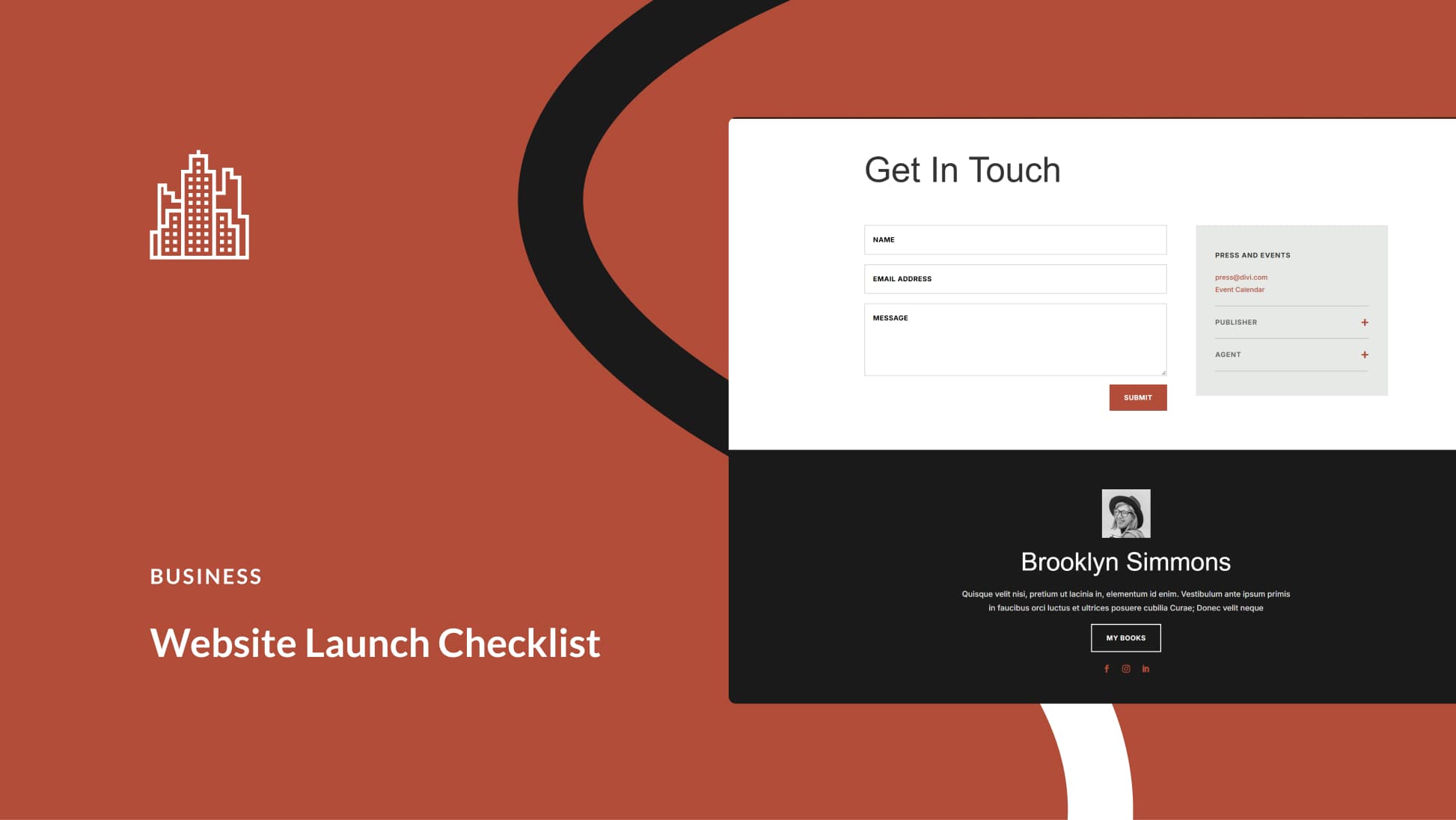A few years ago, I spilled an extra large cup of way-too-hot tea directly on my skin. I had second- and third-degree burns, plus lasting pain even after my skin had healed. Ghost pain, apparently. My doctor recommended the same medicine amputees are prescribed for phantom limb pain. I turned it down, went on with my life and eventually the pain completely went away.
That took years, though, and I never knew if I’d made the right decision. Had I been prescribed any other medicine, I wouldn’t have asked about how it worked, so why did I care how a placebo worked as long as it did? Turns out, I did myself a solid. The illusion of control has pros and cons, but there’s a good chance it would have left me with the false perception of control and no real drive to find holistic cures.
There are buttons that we push in life that don’t actually work. Literal buttons, not emotional buttons (though those don’t always work, either). Crosswalk buttons only work some of the time, while U.S. elevators have non-working “close door” buttons across the board. The button is functioning as a button should – you can push it – but it’s not actually doing the thing you think it’s doing. It’s a placebo button.
That doesn’t mean they don’t serve a purpose, though. They give us the illusion of control. Sometimes that’s a good thing; other times, it’s not.
According to a CNN interview with Harvard psychologist Ellen Langer – the woman responsible for the illusion of control concept – placebos are psychologically beneficial. “Taking some action leads people to feel a sense of control over a situation, and that feels good, rather than just being a passive bystander.” Put even more simply, Langer said, “Doing something typically feels better than doing nothing.”
The Illusion of Control
The illusion of control is beneficial when we’re in a situation where we’d otherwise be doing nothing. It can even help us focus on the present. The crosswalk button forces us to pay attention to the traffic. In situations like these, the output is minimal – it takes nothing to press a button. Usually, you get something in return (the illusion of control feeling), but even if you don’t, you haven’t sacrificed anything. The illusion of control may also ward off dangerous emotional responses, like depression, if perceiving that we have control (even when we don’t) helps us deal with an uncontrollable event.
In the business world, the illusion of control certainly has its place. Training modules put employees in real-world situations to see how they’d respond. When work is slow, employers may give employees busywork to keep them engaged – it could be detrimental for an employee to think their job doesn’t matter, even for a day. At home, I may follow an inefficient process because I don’t have time to update it – doing something is better than nothing.
These are exceptions, though. For true professional growth, you have to give up the illusion of control.
The Downside of the Illusion of Control
We can’t talk about the illusion of control without also discussing how feeling like we are in control of everything can be a handicap. The illusion of control can veer into dangerous territory when we start believing we have control over situations that are actually out of our hands – that we can create the outcome we want if we just work hard enough.
How the Illusion of Control Negatively Impacts Business
When a business leader incorrectly feels like they’re in control, they don’t make decisions that are best for their company. Cost and effort can be underestimated, while profits and other positive outcomes may be overestimated. In the end, you end up with a project that flopped and resources that were wasted. As a professional, you don’t want to look back on a situation and realize you were flexing control you didn’t actually have. If you’d focused on what you could influence, maybe the outcome would’ve been better.
Here’s how businesses create the illusion of control without realizing the damage they’re doing:
- Closely tracking data that isn’t aligned with company goals, or making all decisions based on the numbers alone. This doesn’t leave room for instinct, creativity or risk, all things that could have even better results if tested.
- Performing low-priority tasks that take too much time and don’t deliver great results simply because “this is the way we’ve always done things.” There’s an unproven belief that changing processes will throw the business into upheaval when really it could free up a lot of time and energy.
- Perhaps the most obvious expression of the illusion of control is micro-management. When a manager feels that their way is best, they try to control everything an employee does. The manager feels they have control over outcomes by being strict; they also believe they can control their employees, which they can’t.
Determining Your Element of Control
In order to figure out if you have any amount of control in a situation, start by examining it:
- What aspects do you have total control over?
- Where do you have partial control?
- Where is it totally out of your hands?
- Can you influence the areas that are not within your control in order to get some of that control back?
Here’s an example:
The Situation: You’re having communication challenges with a co-worker. She’s misconstruing what you say to her and complaining to your boss about it. Every time you think you’ve remedied the situation, her complaints start all over again.
You have total control over what you say to your co-worker and your boss, and the methods of delivery (in-person vs. email).
You have some control over how often you communicate with your co-worker. You can’t dictate when they speak to you, but you can limit how often you contact them.
There’s an illusion of control about how your co-worker perceives what you say or what she relays to your boss.
Influence the situation and regain some control by CC’ing your boss on your next several conversations so that she gets the full view of the situation instead of just one side. She may then be able to remedy the situation from a new perspective.
Taking accountability for your actions and asking yourself, “What can I do here? How can I make this better?” is great. However, for the sake of giving up the illusion of control – and giving yourself a break – understanding the things you don’t have control over may be more impactful.
Flexibility and Letting Go
The illusion of control becomes problematic when we feel like we have control over something that we don’t and then have to deal with an outcome we didn’t want. We can get angry and blame ourselves for doing something wrong. The higher the stakes and the more disappointing the outcome, the stronger that blame.
(It also works the other way – it can be detrimental if you think you had control over something you didn’t, and then the outcome is great and you take all the credit. Either way, you’re limiting your potential for growth.)
Instead of asking yourself where you went wrong, ask yourself (1) if you put in as much effort as you could have and (2) if you took all of the steps that were within your control. If you answered “no” to one of those questions, start boiling it down – what aspects of the project didn’t work out that you feel responsible for? Then ask yourself those questions again.
For example, let’s say you put a lot of effort into designing a mobile app. It launched and nobody cared about it, and your company eventually pulled it because they thought it was worse if it sat there without downloads or reviews.
You can’t just look at the mobile app as a whole – the whole mobile app didn’t fail; something about it failed. Maybe it failed because the company doesn’t understand its audience or a competitor’s app launched the day before. Or, maybe it was your design. Whatever the answer is, arm yourself with knowledge you can grow from instead of a wistful or harmful assumption that XYZ was in your control.
The Triumph of Failure
Look, businesses and experts fail all the time – we just don’t hear about them. If everyone knew about a product or service that failed, it probably wouldn’t have been as big a failure with that much attention on it. Apple created a computer called Lisa. But you’ve never heard of the Apple Lisa. Because it failed.
I don’t subscribe to the idea that successful professionals should learn everything the hard way. There’s a lot to be said for learning from others and preventing problems. However, failure is inevitable, and when it happens it can be turned into a lot of wonderful things: pressure to evolve, a mirror that reflects your weaknesses or a bitter taste of what you don’t want.
By convincing yourself of control you don’t have, you’re limiting your ability to make the better, more impactful decisions your business needs. You’re also robbing yourself of seeing things as they unequivocally are. When you look at the reality of a situation, you’ll be able to tell what is within your power – the choices you can make and where to invest your energy.
Ready to take back some control? Check out our article on finishing what you start.









Very good +
Refreshing perspective, thanks! Sorry you went through that but kudos for learning from it and thanks again for sharing that with us.
Thanks so much!